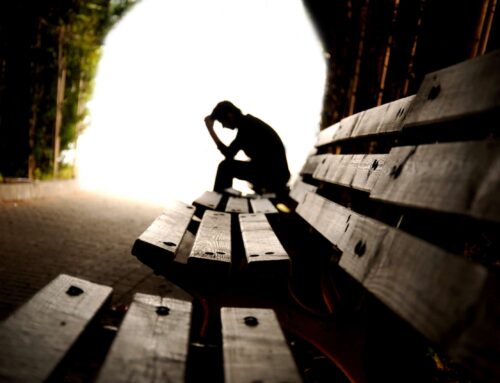
Depression can profoundly impact personal relationships, affecting both the individual experiencing depression and those close to them. Here’s how:
- Strained Communication: Depression often leads to a lack of energy, motivation, and interest in activities, including communication. Individuals may withdraw from social interactions, becoming distant or unresponsive. This can create a sense of isolation and frustration for both parties, as communication becomes strained or non-existent.
- Emotional Distance: Depression can cause emotional numbness or intense negative emotions, making it challenging for individuals to connect emotionally with others. They may struggle to express or recognize their own feelings, leading to a sense of disconnection from loved ones who may feel shut out or unable to understand what the individual is going through.
- Increased Conflict: Depression can manifest in irritability, mood swings, and a heightened sensitivity to criticism. This can lead to increased conflict within relationships as minor disagreements escalate or as one or both parties struggle to cope with the emotional strain of the depression.
- Role Changes: The dynamics within relationships may shift as the individual experiencing depression may struggle to fulfill their usual roles and responsibilities. This can place additional strain on the relationship as the burden of managing household tasks, childcare, or financial responsibilities may fall disproportionately on the other party.
- Loss of Intimacy: Depression can diminish libido and interest in sexual activity, leading to a decline in physical intimacy within the relationship. Feelings of inadequacy or guilt may further exacerbate this, creating a sense of alienation or rejection for both partners.
- Caregiver Stress: Caring for someone with depression can take a real emotional toll on partners and loved ones. It’s not easy to see someone you care about struggling, and it can be hard to know how to help. This can leave you feeling drained, frustrated, or even guilty if you feel like you’re not doing enough. It’s important to remember to take care of yourself too, and not to neglect your own needs in the process.
In summary, depression can strain personal relationships by impairing communication, fostering emotional distance, increasing conflict, altering roles, reducing intimacy, and contributing to caregiver stress. It’s crucial for both parties to seek support, communicate openly, and prioritize self-care to navigate these challenges and maintain healthy relationships. If you need help, Contact American Behavioral Clinics today to set up your FREE initial consultation with a mental healthcare professional.
Learn more about Depression Treatment from American Behavioral Clinics Here.
Existing Patients and New Patients, Call us to schedule an appointment, get a prescription refill or just to ask a question:
New Patients ONLY - Want to contact us through a form? CLICK HERE to fill out our contact form.





